The Importance of Sharpness:
How Yakushi Knives Make Your Cooking Easier and Safer
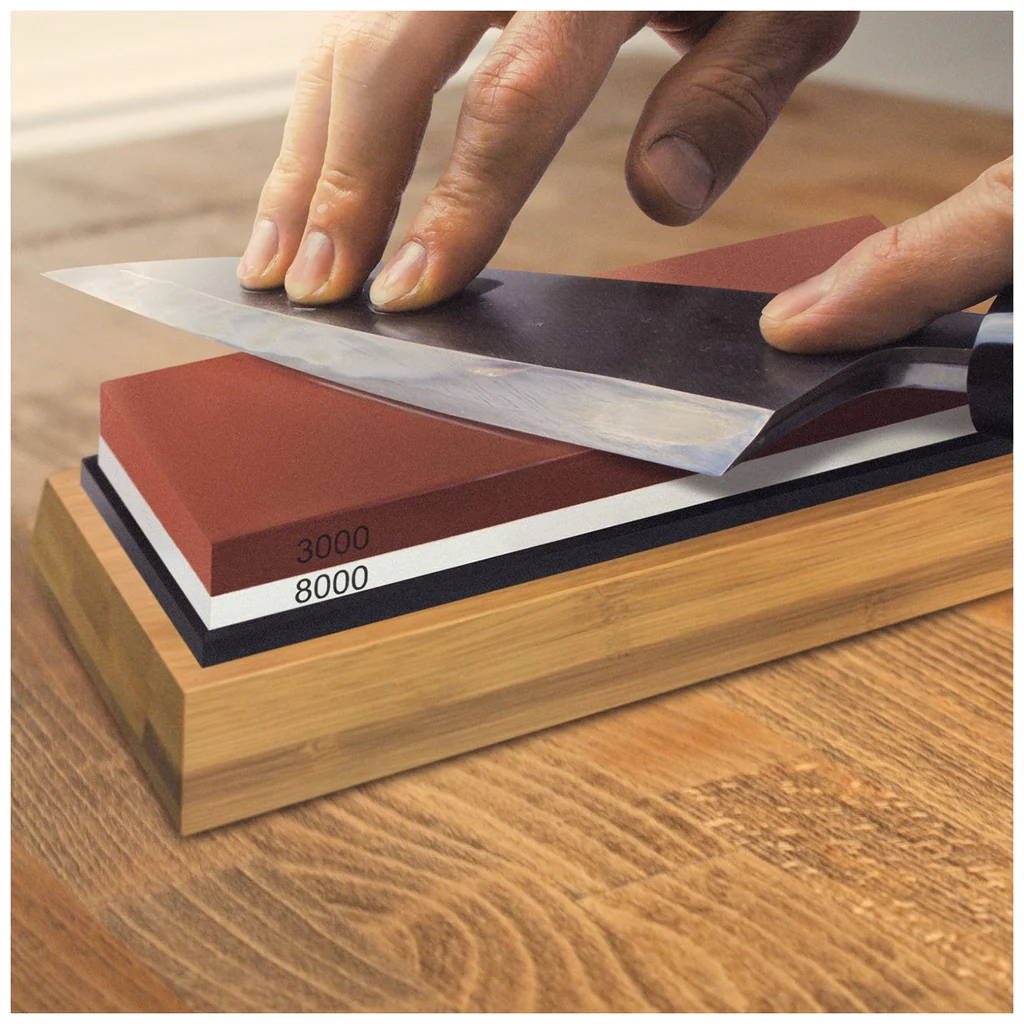
Importance of knife sharpness
The Benefits of Sharp Knives
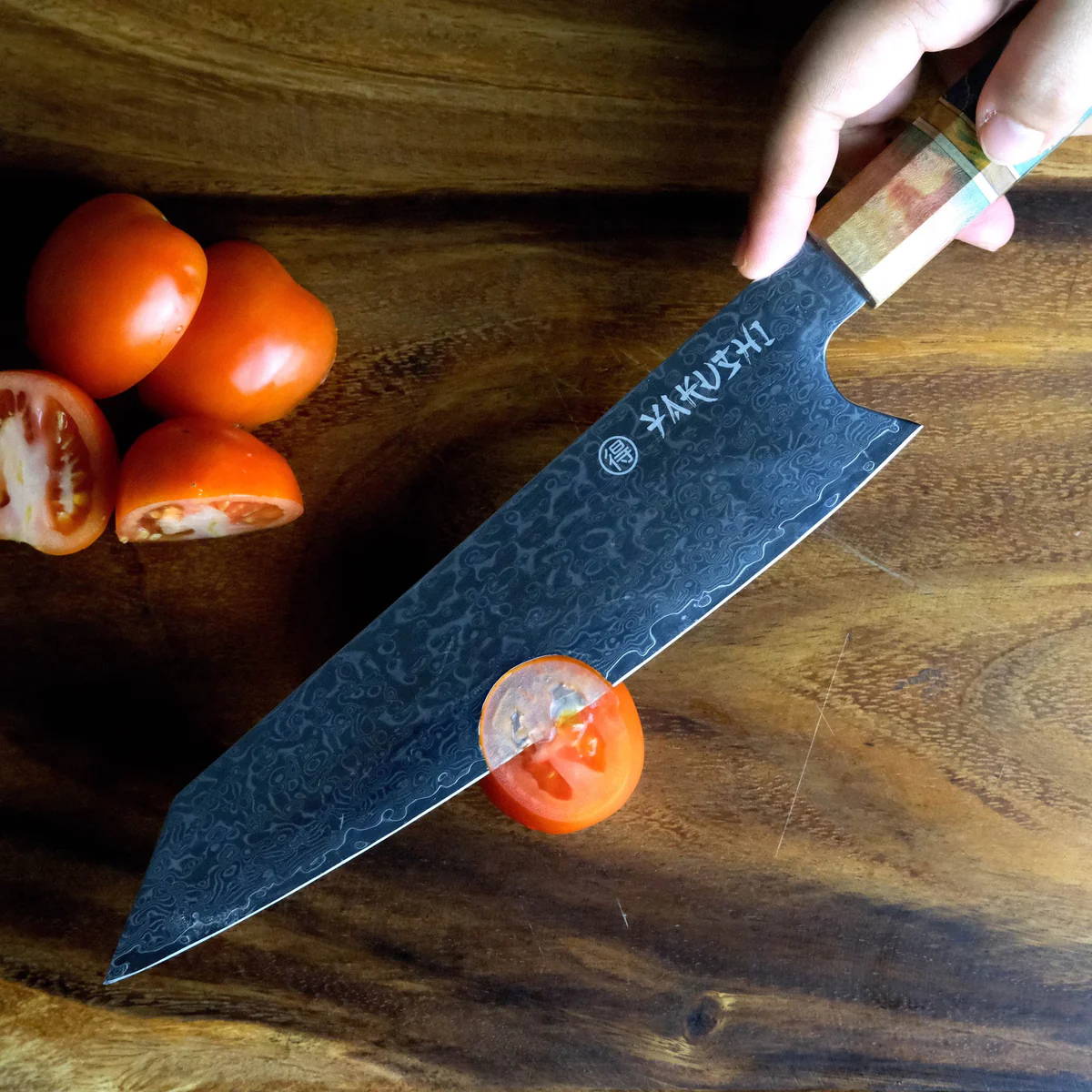
Offers Increased Control
Allows Even and Delicious Cooking
Makes your Knife Blades Last Longer
The Drawbacks of Dull Knives
Ruins your recipe
Increased Risk of Accidental Cuts
Difficulty Handling Tough Foods
Factors Affecting Knife Sharpness
Wrong Cutting Technique
Type of Blade Material
Incorrect Handling and Storage
How to Test Your Knife's Sharpness
- The Classic Paper Test - The paper test is one of the most common and best ways to evaluate the sharpness of your knives. All you need to do is hold a piece of paper and try slicing through it. A sharp knife can glide easily, producing smooth and effortless cuts.
- The Tomato/Onion Test - Any sharp knife should be able to cut and pass through the tomato or onion skin with no excess downward pressure applied. If you have to push down the knife to cut these veggies, it is a sign your knife requires sharpening.
- Visual Inspection Test - Carefully examine the knife's edge under good lighting. A sharp blade will have a clean, even edge without any visible nicks, chips, or irregularities. If you notice any significant imperfections or dull spots, it may be time to sharpen your knife.

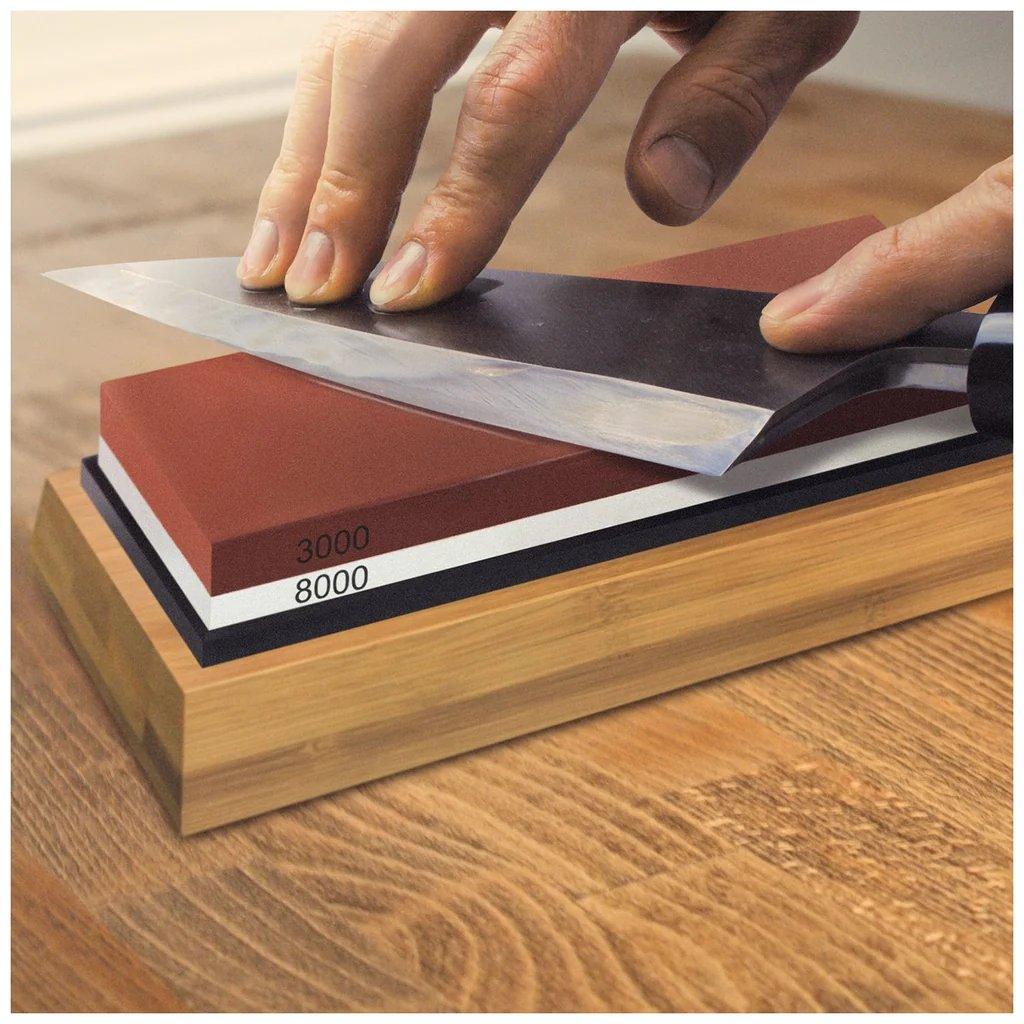
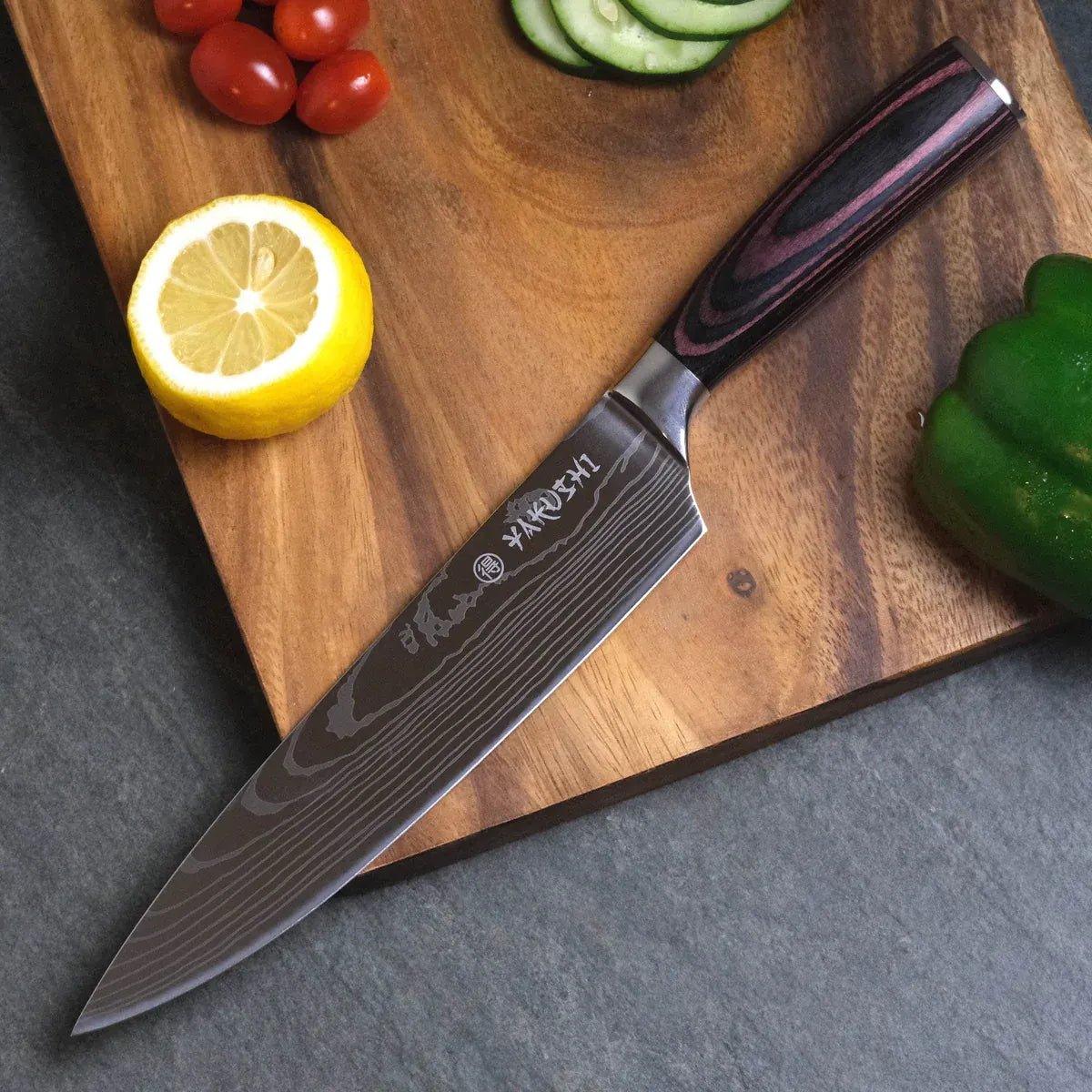
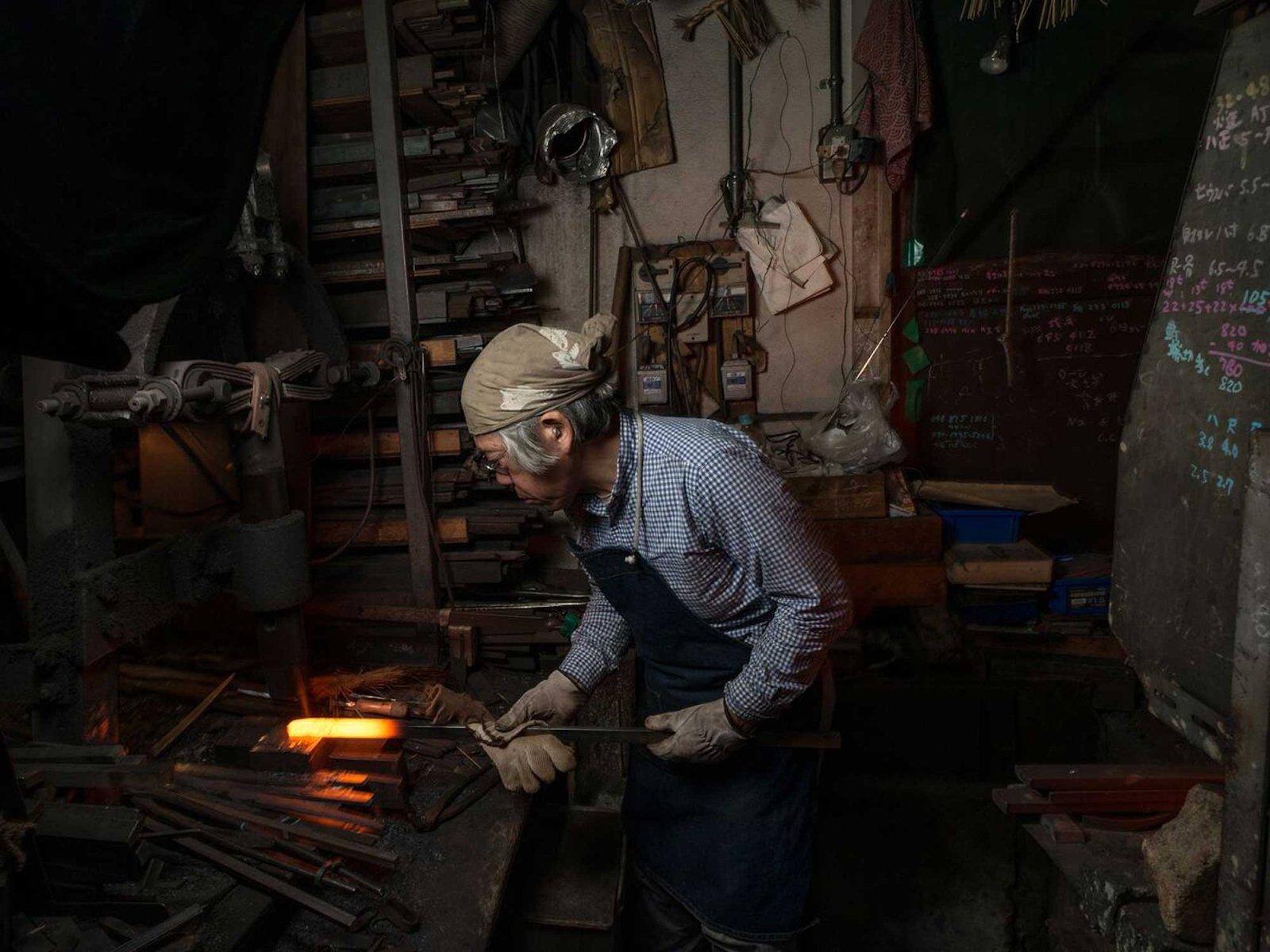
Leave a comment
This site is protected by hCaptcha and the hCaptcha Privacy Policy and Terms of Service apply.